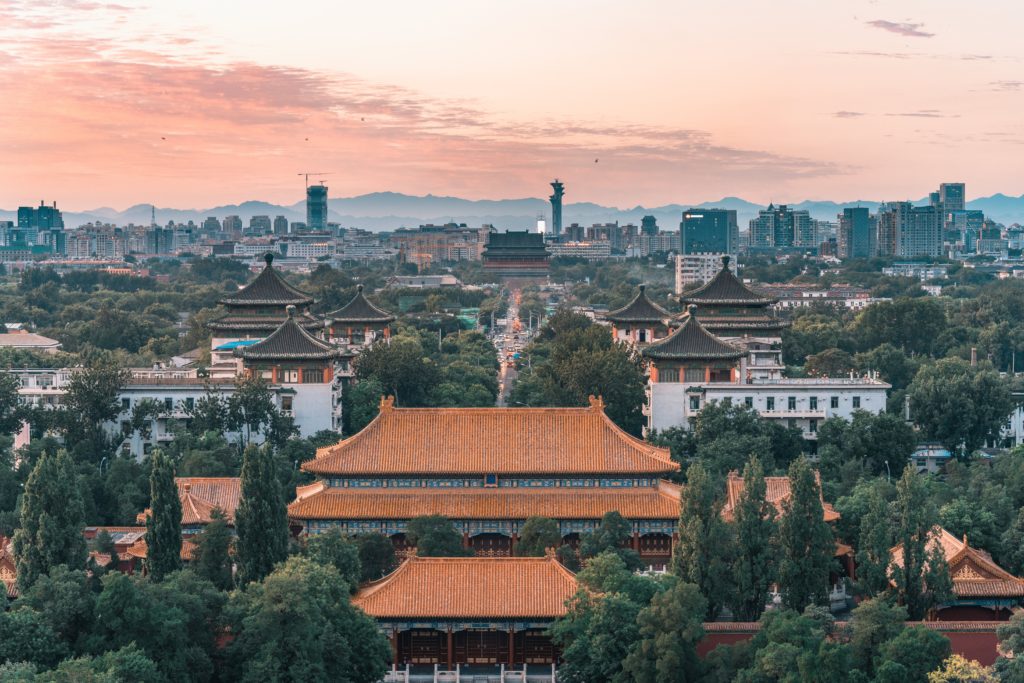Since the 1970s, global CO2 pollution has increased by approximately 90%. Air pollution has gotten so poor in recent years that according to the World Health Organization (WHO), about 97% of the world’s population lives in air quality conditions that do not meet livable standards. Air pollution can increase the risk of cardiovascular disease, cancer, and respiratory diseases. For those with lower immune systems, high levels of air pollution can also be devastating when there are infectious respiratory diseases such as COVID.
Air pollution is also a massive factor in the world’s continuous battle against the climate crisis. Legislation and treaties such as the Paris Agreement are constantly trying to curb emissions in an effort to prevent air pollution, which also leads to the thinning of our atmosphere and the warming of our planet. Although it has been an uphill battle, there has been incredible progress in parts of the world. According to a new study published by the University of Chicago, China has managed to decrease its air pollution levels by the same amount in seven years as the U.S. has over three decades.
From 2013 to 2020, China was able to bring down pollution levels by 40%. This also reduced smog in the city, which, according to researchers, extended life expectancy of citizens by two years on average. Living amidst smog can have a more lethal effect on one’s life expectancy than even the consumption of cigarettes, alcohol, or lack of space, sanitation, or hygiene.
When the 2008 Beijing Olympics were announced, China took swift actions to reduce air pollution in the city drastically. Rapid population growth, factory emissions, and coal and steel plants all add to the smog. Temporarily closing down power plants, restrictions on coal-burning coupled with electric replacements for residents, and constraints on vehicle usage in large cities all helped curb emissions and reduce pollution. Christa Hasenkopf, the study’s co-author, is cautiously excited about the progress China has seen, “air pollution really is a stubborn problem that takes decades-long investments to really see true progress.”
However, China’s dedication to reducing air pollution and improving the quality of life has been able to reduce the air pollution in only seven years, as much as the U.S. has in over thirty years after the introduction of the Clean Air Act in the 70s. If the changes implemented continue, then residents of Beijing can look forward to an additional two years added to their life expectancy for a total of four years more. Unfortunately, Beijing is still three times more polluted than the most polluted city in the United States, Los Angeles.
A huge catalyst for these changes was the Olympics in Beijing. With the World Cup coming to North America in 2026, I would love to see this similarly motivate the U.S. Implementing restrictions on driving in major cities and introducing more public transportation in a way that is accessible and convenient for citizens would be a fantastic start. With the EPA no longer able to regulate emissions from factories due to legislation being overturned by the Supreme Court, I’d be incredibly excited to see more direct federal legislation introduced to limit emissions from industrial processes in the United States. Our environment, our communities’ health, and our world’s future need to be protected. We need to work together and learn from each other; I hope that the United States follows in China’s footsteps by taking air pollution seriously.
Get more like this—Sign up for our daily inspirational newsletter for exclusive content!
___
Photo by zhang kaiyv on Unsplash




